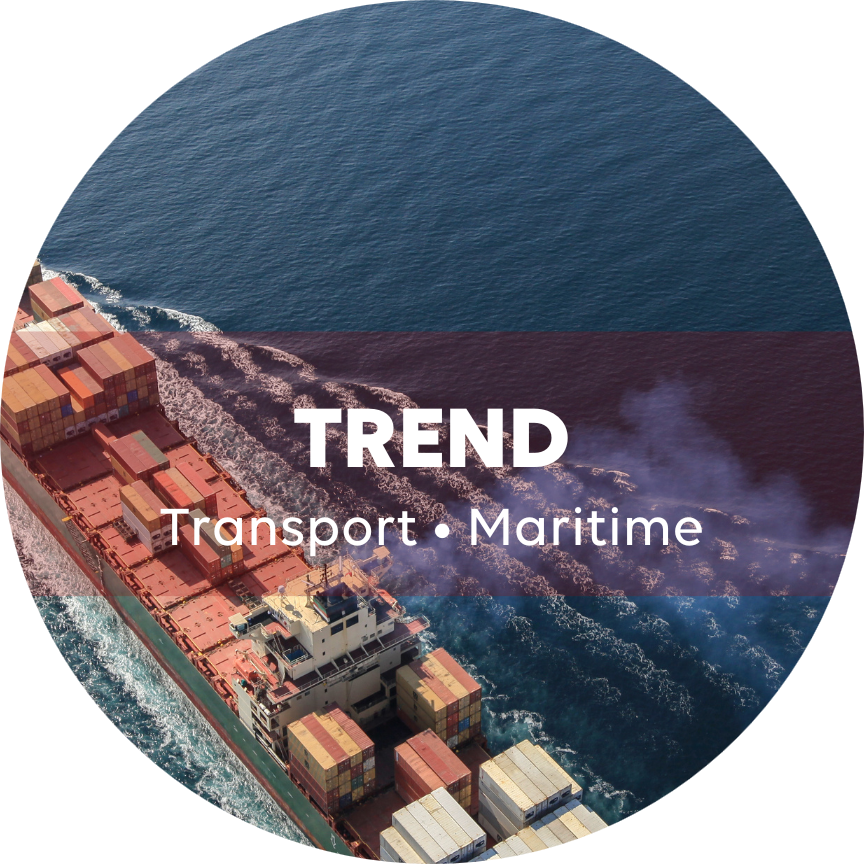Transport • In the Midst of a Perfect Trade Storm, Shipping Companies’ Climate Ambitions Remain a Dot on the Horizon
Following heavy disruption due to the pandemic, maritime freight transport needs to keep up with the frantic recovery of international trade. This erratic economic situation highlights the difficulties faced by the sector in responding to international agreements on reducing pollution and emissions.

In the Midst of a Perfect Trade Storm, Shipping Companies’ Climate Ambitions Remain a Dot on the Horizon
The intense recovery of international consumption of manufactured goods during and after lockdown measures have sent supply chains into the economic doldrums. Yet container ship companies have successfully ridden the storm, making record financial profits thanks to inflated freight rates, following a passage of several difficult years.
- Shipping companies are using the economic situation to extend their load capacities and integrate value chains rather than to reduce the environmental impacts of their operations.
- Forced by the International Maritime Organization (IMO) to find new solutions to reduce their sulfur and greenhouse gas emissions, shipping companies are proving slow to engage any real changes.
- Worse still, the most common solutions for reducing pollution (smokestack scrubbers) and for decarbonization (LNG fuel) are often contradictory and generate externalities that work against one target or another.
To date, the IMO has shown little inclination to impose any of the more ambitious proposals put forward by some of its members, such as obliging ships to reduce their speed, regulating black carbon emissions, or setting up a carbon trading market.


